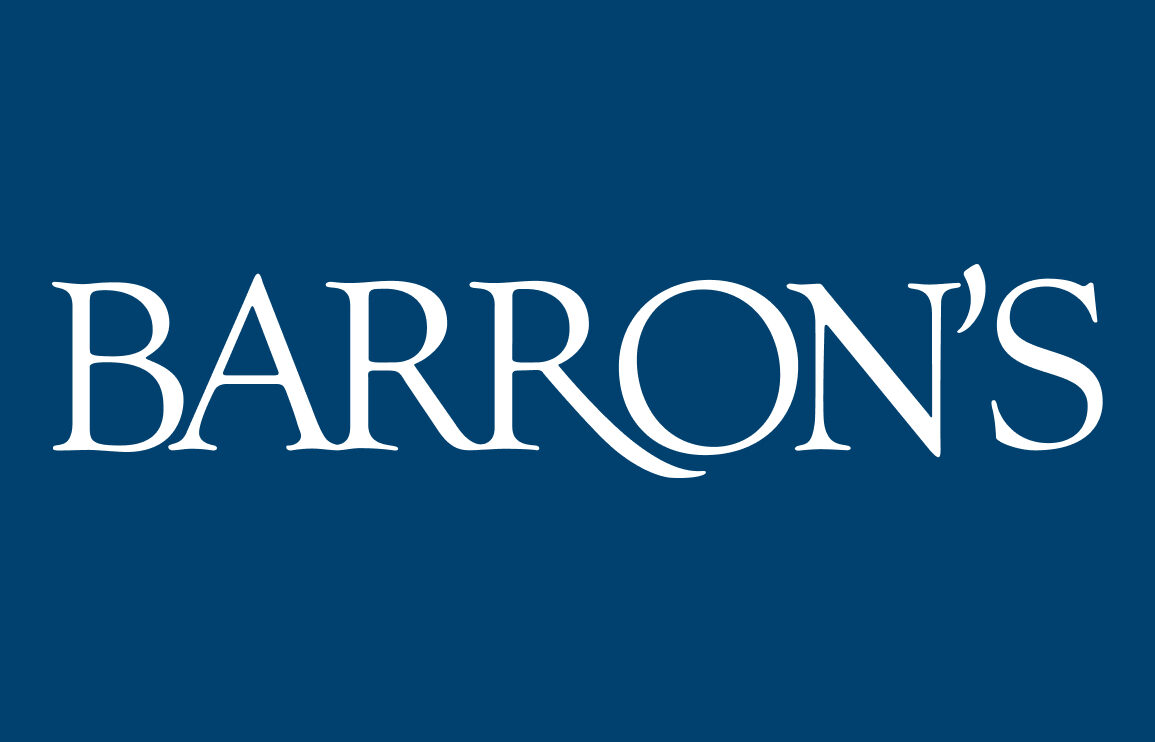
Trial International has spent 20 years tracking down alleged war criminals so they can be brought before courts worldwide, such as the Gambian death squad member convicted in Germany on Thursday.
Under the principles of universal jurisdiction, alleged perpetrators of such crimes can be brought to trial around the world, regardless of their nationality or where the alleged crime took place.
“Around 15 cases that we have filed are currently being pursued by five national authorities — France, Switzerland, Germany, the United States and Sweden,” Trial executive director Philip Grant told AFP in an interview this week.
Grant co-founded the Geneva-based non-governmental organisation in 2002.
Its latest successful prosecution came on Thursday, when a German court sentenced Bai Lowe to life in prison over his participation in a death squad that assassinated opponents of former dictator Yahya Jammeh.
He was convicted of crimes against humanity, murder and attempted murder for his role as a driver for the hit squad known as the Junglers.
Trial and other NGOs contacted the German prosecuting authorities in August 2019 to notify them of Lowe’s presence in the country.
“There are hundreds, if not probably thousands, of suspects in Europe. The question is how we manage to pinpoint them,” said the 52-year-old lawyer, who has a Scottish father and Swiss mother.
Informants, journalists and partner NGOs all help to track down suspected war criminals outside their home country.
Chance also plays a part. Victims sometimes come across their tormentors in the street or in reception centres for asylum seekers.
“A dozen years ago, Algerians living in exile informed us that they had seen the former Algerian defence minister Khaled Nezzar leaving a bank in Geneva,” said Grant.
“Mr Nezzar, the defence minister at the start of the Algerian civil war, is now being prosecuted and normally should be sent to trial.”
In August 2023, the Swiss authorities indicted Nezzar on charges of committing crimes against humanity.
And almost 10 years ago to the day, Trial, tipped off by Syrians living in Geneva, got wind that Rifaat al-Assad, the uncle of Syrian President Bashar al-Assad, had been staying in one of the Swiss city’s top hotels.
Swiss justice launched a wanted notice against Rifaat al-Assad in 2022 for alleged war crimes committed in the 1982 massacre in the Syrian city of Hama.
When Trial has evidence of a suspected war criminal’s presence in Switzerland or another country, such as a photograph, it reports the information to the judicial authorities, who decide whether or not to act under universal jurisdiction.
Heads of state or government, foreign ministers and diplomats, however, are immune from prosecution.
And Trial refrains from filing complaints when potential suspects — regardless of whether they are in government or leading a rebel group — come to Switzerland for peace negotiations, to avoid such talks being “derailed”, said Grant.
Switzerland is home to many international organisations such as the United Nations and the Red Cross.
Russia’s invasion of Ukraine and the war between Israel and Hamas have brought the issue of war crimes back into the spotlight.
But hunting war criminals is second nature to Grant.
He was inspired by the arrest of former Chilean dictator Augusto Pinochet in London in 1998 on the principle of universal jurisdiction.
Trial was born four years later.
The NGO now has around 40 staff, half of whom are lawyers.
It hopes its work, aimed at “guiding” and putting pressure on the justice system, will prove a source of inspiration.
“Everyone talks about justice nowadays but very few are capable of playing a part in a real effort that leads to judgements and reparations for victims,” said Grant.
Tracing war criminals outside their homeland only represents a fraction of the organisation’s work.
Most of it is done in countries at war or recovering from conflict, notably through training magistrates.
Trial has spent years working in Burundi and Nepal; it has a branch in Bosnia-Hercegovina; two offices in the Democratic Republic of Congo; and is preparing to open a programme on Ukraine.
Supported by private and public funding, including from the United Nations and the European Union, the NGO provides free assistance to victims.
It has represented more than 8,100 victims before national and international courts, trained more than 2,700 legal specialists and participated in around 100 trials.
apo/rjm/nl/gil
This post was originally published on this site be sure to check out more of their content.









